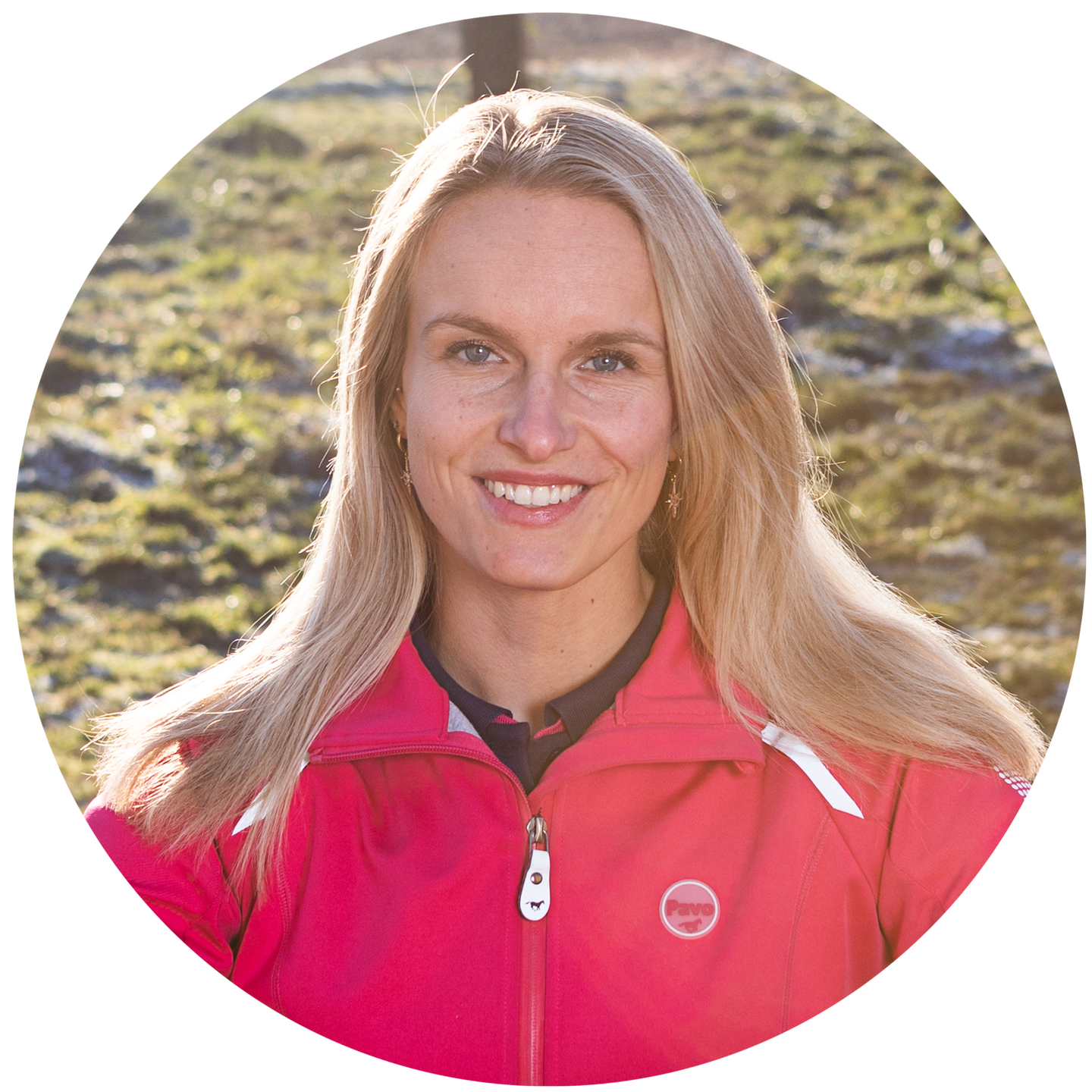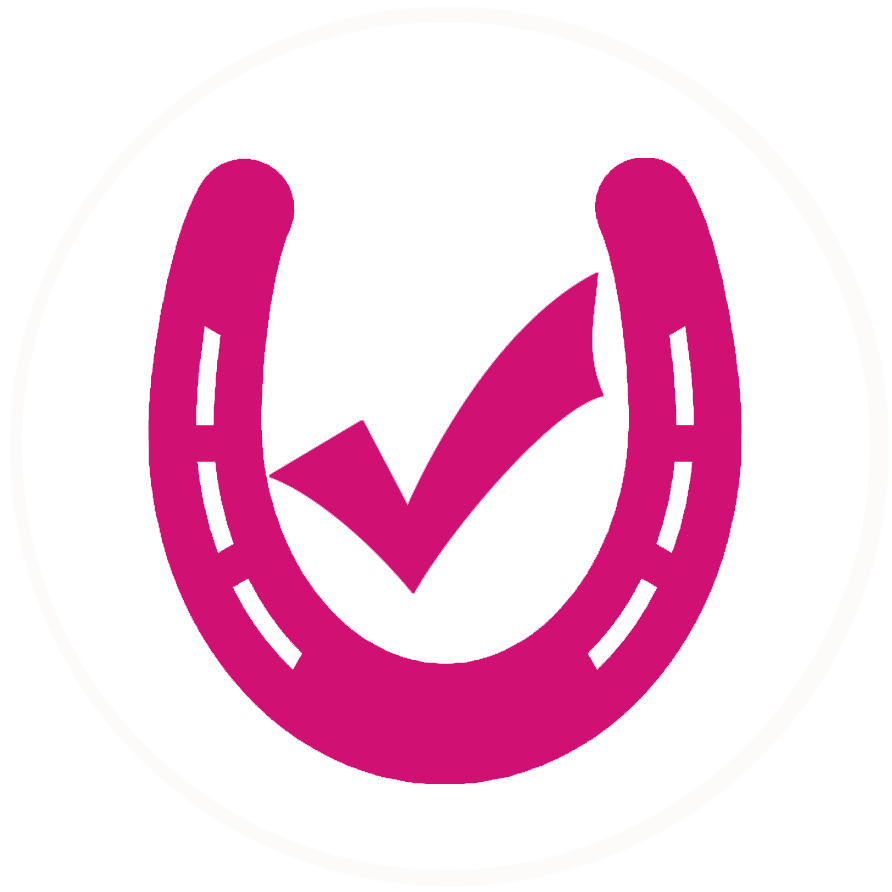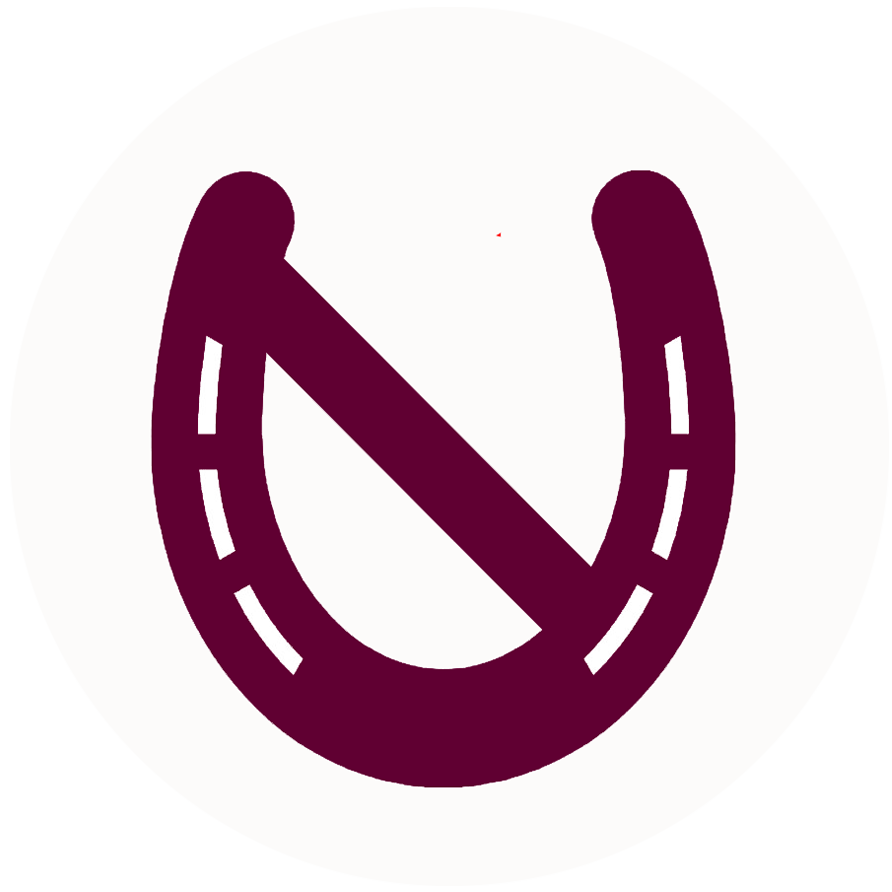Do’s
& dont’s
Do’s
- Have your horse's teeth checked at least once a year.
- Have your roughage tested.
- Feed high-energy roughage with a high protein content.
- Place the roughage in large piles on the ground so the horse can easily reach it.
- Have your horse's blood checked.
- In wet and cold weather, give your horse a nice warm blanket. That way he doesn't lose energy on staying warm.
- Let your horse run outside as much as possible.
- As long as your horse can chew; let him walk in the pasture as much as possible.
- Feed a horse with reduced dental function short-stalked roughage.
- Feed a horse without dental function a nice "soup" of roughage substitutes.
- Soak the concentrate feed of a horse without dental function.
- Feed a neutral salt licking stone.
- Is your oldie not getting a concentrate feed? Then see if another supplement is needed to the roughage.
- Provide soft ground cover for lying down.
- Give the horse plenty of free exercise in the pasture and/or paddock.
- Do carrot stretches: ask for longitudinal bending to the left, right or down with an apple or carrot.
- Practice with ground work. This is ideal as a warm-up, cool-down or when you can no longer ride the horse.
- Do not ride too long. Rather, ride short and regularly.
- In winter, use a riding blanket during the warm-up.
- Stimulate the muscles of your horse with strength training.
- Keep your training varied.
- Make sure you have a good cool down.
Dont’s
- Do not feed roughage with a high sugar content. Do you decide to do so anyway? Then let the roughage soak for half an hour.
- Do not feed the roughage in slow feeders, your old horse should be able to reach it easily.
- Do not put the roughage in a hay net or rack, where the horse has to reach high to eat. Old horses can also suffer from osteoarthritis in the neck, and eating can be painful.
- Do not feed the same concentrate feed as when your horse was younger. It is important to match the feed to your aging horse.
- Don't put a horse without teeth in a pasture, but in a paddock.
- It is a bad idea to stop offering hay at all to a horse with reduced dental function. Horses still get a lot of satisfaction from nibbling on the hay.
- Do not put the roughage for horses in a pasture or paddock in one place, but spread it over several places. This way you encourage horses to keep walking. If you make sure that there is always 1 feeding spot more than the number of horses, then there is always a quiet place for each animal to eat.
- Do not feed roughage substitutes in large portions at once, rather divide them over several smaller portions per day. That way your horse has something to eat throughout the day.
- Do not soak your ordinary concentrate, but use a concentrate feed which is suitable for this. For example Pavo 18plus.
- Keeping the old horse in the stable too much.
- Free movement is important, but don't put the older horse in a meadow that is too rich.
- Training without a warm-up. This is very bad for the muscles and joints.
- Riding a lame horse. Call in the vet to have the horse checked.
- Going on a long outdoor ride without training.
- Skip the cooldown? No, don't! Especially not with an older horse.
- Being too careful with the horse. Even if your senior is a day older, he can still be trained. It will only keep him fit longer.

“If you match your management well with your old horse, your horse will have a happy old age”
Pleun Broeren, nutritionist



